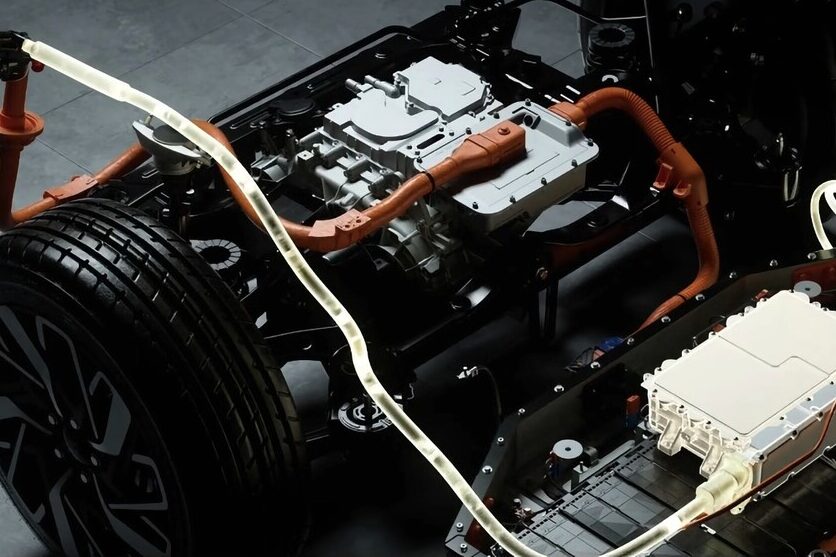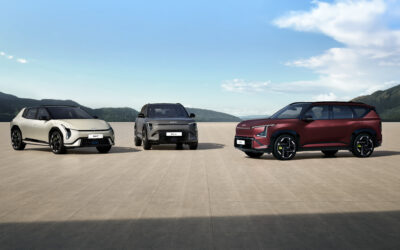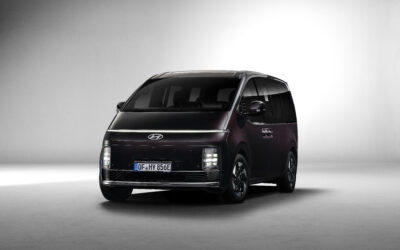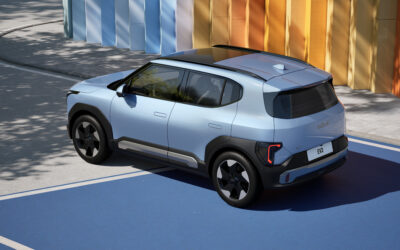Hyundai and Kia are recalling over 208,000 electric vehicles (EVs) in the United States due to a defect in the integrated charging control unit (ICCU), a vital component in EV battery charging systems. The recall highlights a potential safety risk for vehicle owners and aims to prevent accidents related to the defect.
Details of the Recall
According to the recall report from the National Highway Traffic Safety Administration (NHTSA) issued on November 22, 2024, the affected vehicles include models from Hyundai, Kia, and Genesis:
Hyundai Models
- 2022-2024 IONIQ 5
- 2023-2025 IONIQ 6
Genesis Models
- 2023-2025 Genesis GV60
- 2023-2025 Genesis Electrified GV70
- 2023-2024 Genesis Electrified G80
Kia Models
- 2022-2024 EV6
Hyundai (including Genesis) is recalling approximately 145,235 vehicles, while Kia will recall 62,872 EV6 models.
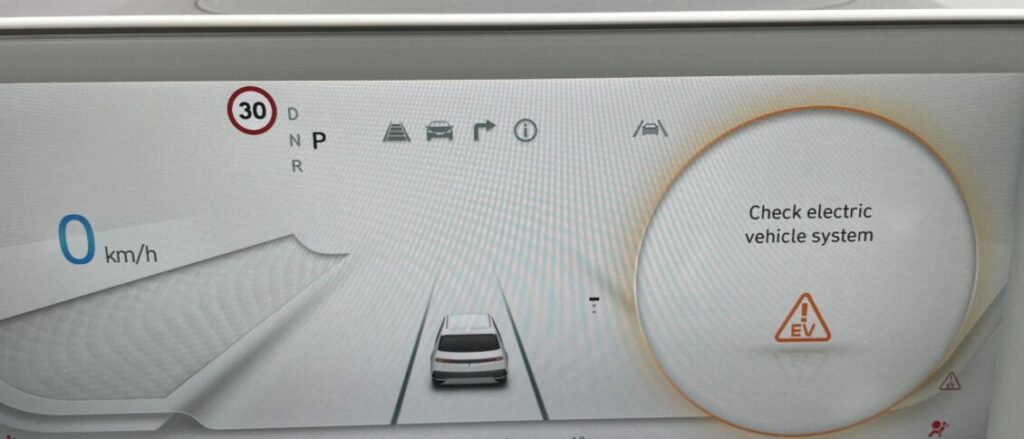
An example of the defect on IONIQ 5’s dashboard
The ICCU Defect and Its Risks
The integrated charging control unit (ICCU) plays a critical role in managing battery charging and power distribution in EVs. The defect involves a potential failure of the ICCU’s transistor, which could lead to:
• A disruption in the 12-volt battery charging system.
• Increased risk of power loss, potentially raising the chance of an accident.
Although no incidents or injuries have been reported as of the recall announcement, Hyundai and Kia have acted proactively to address the issue.
Next Steps for Affected Owners
Hyundai and Kia have assured customers that they will rectify the issue free of charge. Dealers will inspect the ICCU for damage and provide software updates if necessary. Owners of affected vehicles are advised to:
- Contact their local Hyundai, Kia, or Genesis dealership to confirm if their vehicle is included in the recall.
- Follow instructions provided by the manufacturers for repair appointments.
- Check for updates on the NHTSA website or the manufacturer’s recall page.
Conclusion
The recall of 208,000 EVs by Hyundai and Kia underscores the importance of addressing safety issues promptly in the rapidly growing EV market. By taking proactive measures, the companies aim to maintain trust while ensuring the safety of their customers.

